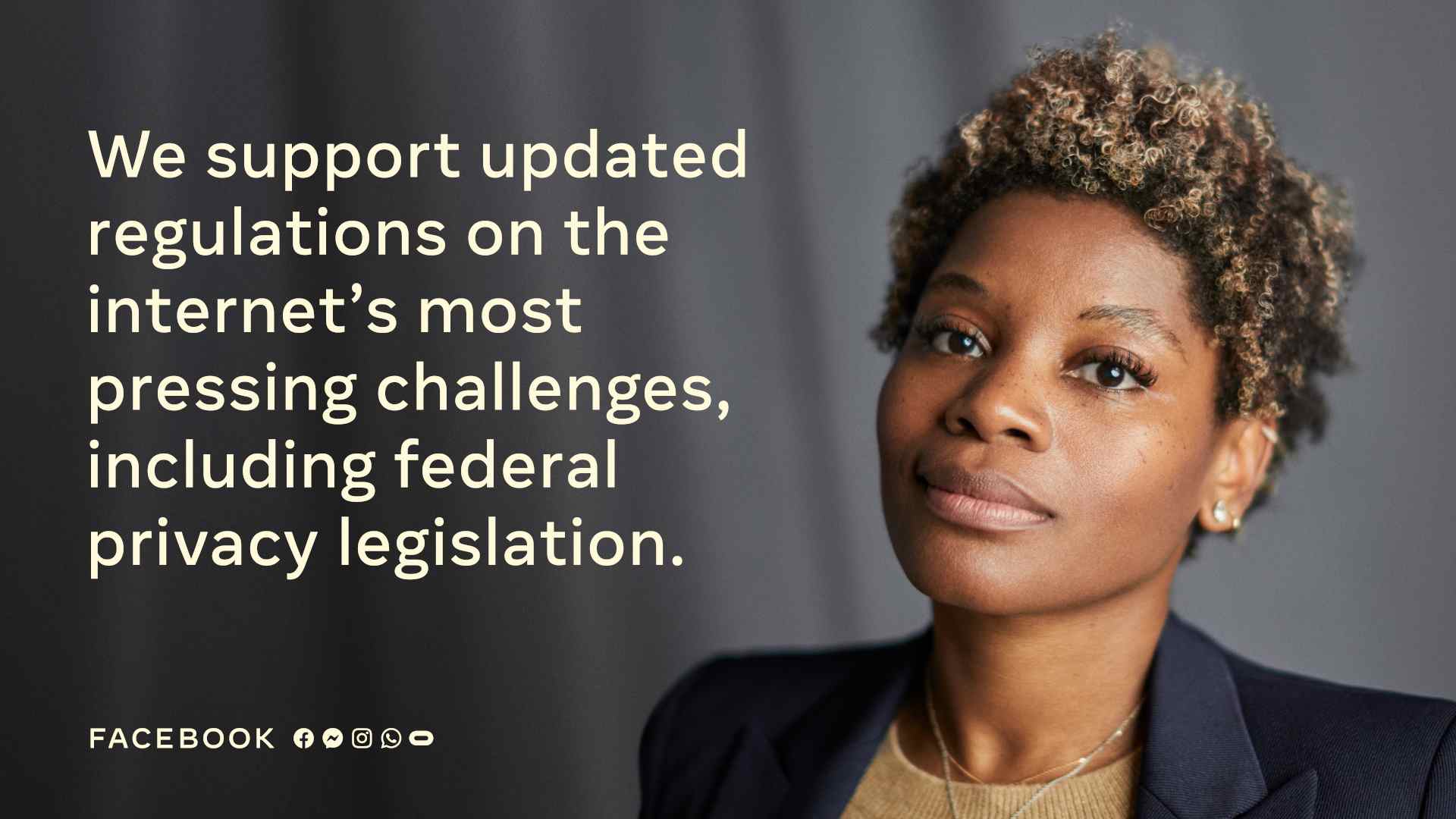Plus: New election reform targets | Tuesday, January 18, 2022
| | | | | | | Presented By Facebook | | | | Axios Sneak Peek | | By the Axios Politics team ·Jan 18, 2022 | | Welcome back to Sneak for a truncated week. ⚡Situational awareness: "Schumer pushes for doomed filibuster changes," Axios' Alayna Treene reported tonight. Smart Brevity™ count: 945 words ... 3.5 minutes. Edited by Glen Johnson. | | | | | | 1 big thing: Taxpayers fund spin |  | | | Illustration: Shoshana Gordon/Axios | | | | Members of Congress are turning to the same political consultants who got them elected to blast out taxpayer-funded communications from their government offices, records reviewed by Axios' Lachlan Markay show. Why it matters: While those members are barred from politicking with official funds, the firms have expertise in boosting elected officials' images for political gain and are in high demand for both campaign and government work. By the numbers: Since 2016, at least 251 current and former House members have used their congressional office budgets to pay vendors that have also worked for their campaigns, according to an Axios analysis of congressional disbursement and campaign finance records. - Some consulting firms have even triple-dipped: they worked for members' official offices, their campaigns and independent political spenders — including PACs — that worked to get those members elected.
- Together, the 100-plus firms operating on both sides of the official/political divide have pulled in nearly $39 million in taxpayer funds from the congressional offices of members they helped elect, the records show.
- An Axios analysis found the payments ebbed and flowed with election cycles: $6.2 million in 2016, $4.1 million in 2017, $9.4 million in 2018, $5.7 million in 2019, $9.9 million in 2020 and just $3.3 million through the first three quarters of 2021.
Axios reached out to those firms for comment. - They either declined or did not respond to the inquiries.
Keep reading. |     | | | | | | 2. Dem candidates seek votes in "factory towns" |  Note: 10 industrial heartland states, including Ohio, Wisconsin and Pennsylvania; Data: American Family Voices and 21st Century Democrats; Chart: Jared Whalen/Axios A set of Senate Democratic candidates in swing states is actively courting voters in regions that suffered the steepest manufacturing losses, Axios' Sophia Cai reports. Why it matters: The renewed effort by Democrats to reach out to white, working-class voters in so-called factory towns before this year's primaries reflects a key focal point for a party looking to overcome its losses in rural areas. - That could be as much as 40% of the electorate in the industrial heartland of the Midwest, according to a report from the progressive group 21st Century Democrats.
- It looked at 853 counties in 10 states where Democrats lost over 2.6 million votes between 2012 and 2020.
In Pennsylvania, Lt. Gov. John Fetterman has gone so far as using campaign infrastructure — his email list — to ask would-be donors to his Senate campaign to also contribute to funds for workers going on strike. In Wisconsin, "the voters we lost most were in small-town counties anchored by a paper mill or machine tool die company," Outagamie County Executive Tom Nelson told Axios. In Ohio, a state where Donald Trump prevailed in both 2016 and 2020, Rep. Tim Ryan (D-Ohio) has been consistent in his efforts to resuscitate Ohio's manufacturing base. Keep reading. |     | | | | | | 3. Charted: Biden vs. press |  Data: The American Presidency Project; Chart: Kavya Beheraj/Axios President Biden has held fewer news conferences during his first year in office than his recent predecessors, according to data compiled by the American Presidency Project at the University of California at Santa Barbara and reviewed by Axios' Hans Nichols. Why it matters: Solo news conferences present an opportunity — and a risk — for presidents to defend their actions, parry with reporters and to talk directly to the American people. The one Biden is holding at 4pm tomorrow will be just the 10th of his presidency. - The White House has been hesitant to use them, preferring more controlled interactions or appearances by surrogates such as his press secretary or Cabinet secretaries.
- The deferral has indirectly raised the stakes for when the president does step into the solo spotlight.
- Biden's last major news conference was in early November, at the close of the global climate change summit in Scotland.
What they're saying: A White House official said the president would note the country's progress in vaccinating all willing Americans and growing the economy amid record job creation. - "The president knows there's more work to do, so he's also going to level with the American people about the challenges we still face — especially when it comes to COVID-19 and higher prices — and the actions he's taking to tackle them," the official said.
Keep reading. |     | | | | | | A message from Facebook | | Why Facebook supports updated internet regulations | | |  | | | | Rochelle is one of many experts working on privacy at Facebook—to give you more control over your information. Hear more from Rochelle on why Facebook supports updating regulations on the internet's most pressing challenges, including federal privacy legislation. | | | | | | 4. Bipartisan election reform group has added targets |  | | | Capitol Police detain protesters rallying for voting rights legislation today on the Senate steps. Photo: Drew Angerer/Getty Images | | | | A bipartisan group seeking to update the Electoral Count Act of 1887 has other election reforms in mind, including creating federal penalties for harassing and intimidating state election officials — with improperly removing them among the punishable offenses, Sophia and Axios' Andrew Solender have learned. Why it matters: The 50-50 Senate is unlikely to pass broad-based bills like the Freedom to Vote Act or the John R. Lewis Voting Rights Advancement Act, so the ECA has emerged as a consensus target for more limited election changes. - The group also has discussed providing states with more leeway to spend federal election grants.
- In addition, it's discussed reauthorizing legislation that created the Election Assistance Commission, a federal agency assisting states with election administration.
But, but, but: While there isn't much discordance about changes to the Electoral Count Act, issues like election worker protections are more contentious within the group. - Some senators are wary of federal overreach, according to a source familiar with the group's discussions.
- Part of the opposition to the broader bills stems from their federal expansions of ballot access and campaign finance reforms.
- The more broadly supported changes discussed to the ECA include increasing the number of people who would need to object to a state's election results — from the current one senator and one representative — and clarifying that the role of the vice president in the process is merely ceremonial.
- President Trump tried to use the ECA to overturn the results of the 2020 election.
Keep reading. |     | | | | | | 5. Pic du jour |  | | | Photo: Win McNamee/Getty Images | | | | Yolanda Renee King, granddaughter of Martin Luther King Jr., preaches at the National Cathedral's Canterbury Pulpit. - It's the same one her grandfather used to deliver the last Sunday sermon before his death.
|     | | | | | | A message from Facebook | | Working to stop harmful content and improve our platforms every day | | |  | | | | We're committed to stopping illicit content and keeping you safe on Facebook. That's why we've quadrupled our safety and security teams to more than 40,000 over the last five years. But there's more to do. See how we're working to help you connect safely. | | | | 📬 Thanks for reading. A reminder your family, friends and colleagues can subscribe to Sneak or any of Axios' other free local and national newsletters through this link. |  | Bring the strength of Smart Brevity® to your team — more effective communications, powered by Axios HQ. | | | | | | Axios thanks our partners for supporting our newsletters. If you're interested in advertising, learn more here.
Sponsorship has no influence on editorial content. Axios, 3100 Clarendon Blvd, Suite 1300, Arlington VA 22201 | | | You received this email because you signed up for newsletters from Axios.
Change your preferences or unsubscribe here. | | | Was this email forwarded to you?
Sign up now to get Axios in your inbox. | | | | Follow Axios on social media:    | | | | | |
Post a Comment
0Comments